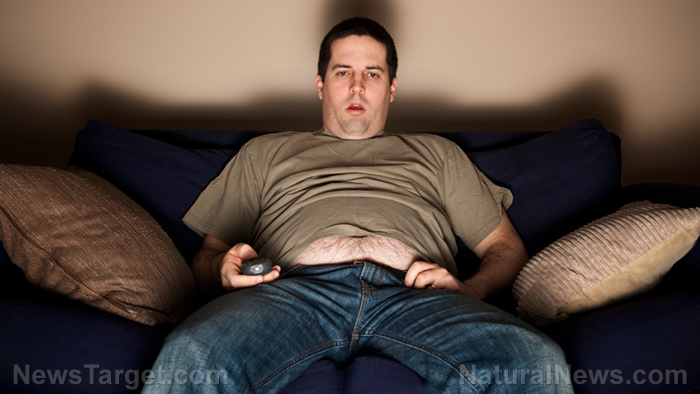Chronic stress and lack of sleep could wreak havoc on the metabolism and prompt the body to gain more weight, according to Dr. Michael Mosley, inventor of the revolutionary 5:2 diet. The expert and his colleague, diabetes expert Dr. Eleanor Scott of Leeds University in the U.K., enrolled 20 volunteers to a sleep deprivation experiment as part of their research.
The volunteers were subjected to a sleep deprivation simulation where they had to go to bed three hours later than usual for two nights. The participants were then allowed to sleep for as long as they liked for another two nights. The researchers examined the participants’ eating habits during both simulations. The findings revealed that certain volunteers felt surprisingly hungry after enduring two sleepless nights. One participant, in particular, ate 10 custard cream biscuits for breakfast to compensate for the lack of sleep.
“Research has shown that chronic stress leads to increased hunger, comfort eating, self-loathing and disrupted sleep. Sleep and stress are closely linked: being stressed leads to problems sleeping, and problems sleeping make your stress levels soar,” the researchers concluded.
The findings were presented at the BBC Two’s Trust Me, I’m a Doctor program.
More proof that chronic stress leads to significant weight gain
A study published in February last year demonstrated that chronic stress might significantly raise the odds of excess weight. The researchers examined hair samples of more than 2,500 men and women aged 54 years and older to evaluate their cortisol levels. The experts explained that cortisol served as a marker of chronic stress. The researchers found that volunteers who had high-stress levels tended to be heavier, had a larger waist size, and had a higher body mass index (BMI). The scientists discussed that the higher BMI indicated greater fat deposit compared with muscle. (Related: Stress – The modern poison that is making us fat, bald, crazy and extremely unhealthy.)
“These results provide consistent evidence that chronic stress is associated with higher levels of obesity. People who had higher hair cortisol levels also tended to have larger waist measurements, which is important because carrying excess fat around the abdomen is a risk factor for heart disease, diabetes, and premature death,” lead researcher Dr. Sarah Jackson told CBS News online.
The results appeared in the journal Obesity.
Further evidence points to sleeplessness as weight gain culprit
Another study released in May last year revealed that poor sleep quality might compromise the body’s metabolism and promote weight gain. A team of researchers enrolled 14 otherwise healthy male students as part of the study. The participants were subjected to a series of sleep experiments that simulated regular sleep, curtailed sleep and no sleep at all. The researchers assessed the participants’ food intake, blood sugar and hormone levels and metabolic rate.
The research team observed that even one night of missed sleep might slow down the body’s metabolism during the following day. According to the experts, sleeplessness may cut back energy expenditure for breathing and digestion by five and 20 percent, respectively. The scientists also noted that sleep deprivation leads to increased blood sugar rates and higher levels of cortisol and the appetite-promoting hormone ghrelin.
“Our findings show that one night of sleep deprivation acutely reduces energy expenditure in healthy men, which suggests sleep contributes to the acute regulation of daytime energy expenditure in humans. Since perturbed sleep is such a common feature of modern life, these studies show it is no surprise that metabolic disorders, such as obesity, are also on the rise. Our studies suggest that sleep loss favours weight gain in humans. It is therefore fair to say that improving sleep could be a promising lifestyle intervention to reduce the risk of future weight gain,” said researcher Christian Benedict.
The findings were presented at the European Congress of Endocrinology in Lisbon, Portugal.
Sources include:
DailyMail.co.uk
CBSNews.com
TheGuardian.com



















